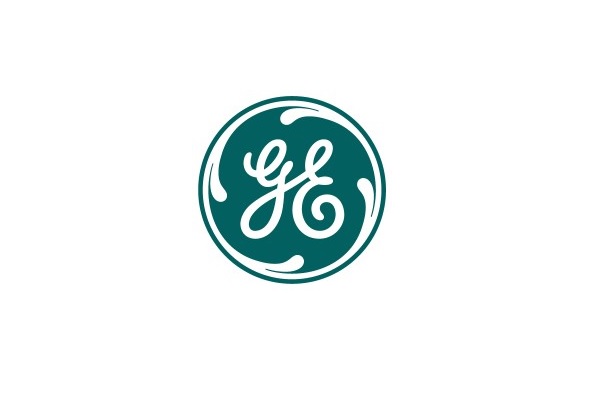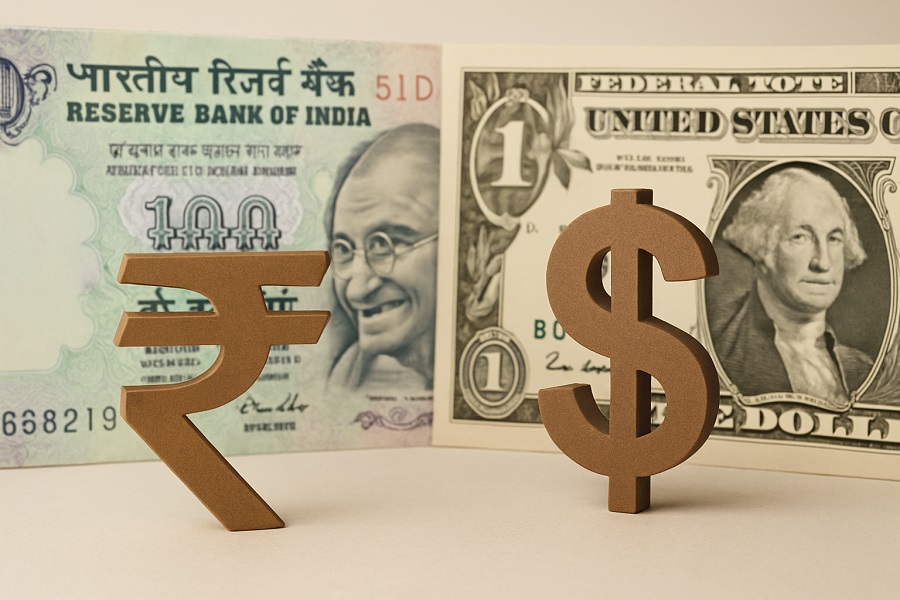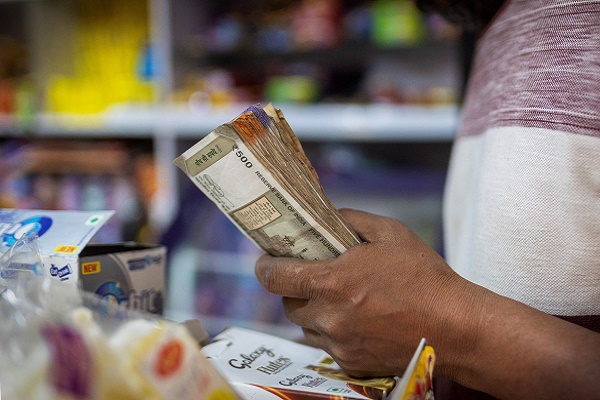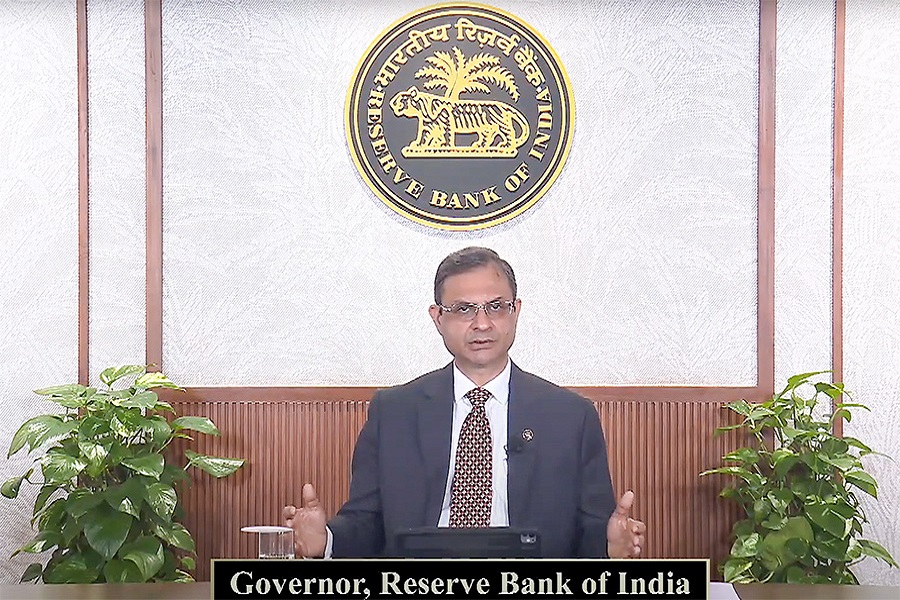India`s `activist` cenbank to temper rupee, bond gains post index inclusion -JPMorgan`s Aziz
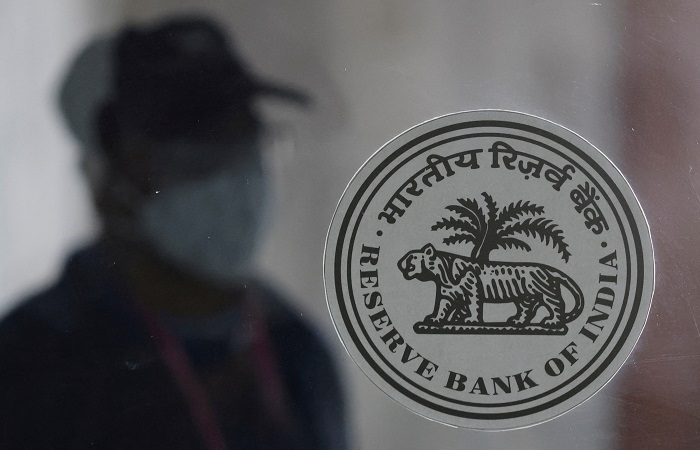
The Reserve Bank of India will likely buy dollars from the market and absorb rupee liquidity by selling bonds as flows related to India's inclusion in global bond indices begin, JPMorgan's head of emerging market economics told Reuters.
"Investors assuming that the inflows will lead to an appreciation in the rupee and a decline in yields seem to have forgotten that they live in a country which has one of the most activist central banks," Jahangir Aziz said in an interview.
JPMorgan's decision to include India in its emerging market bond index from June 2024 is likely to bring in between $15 billion and 20 billion, raising the net foreign assets on the central bank's balance sheet and testing its forex and liquidity management.
"The RBI will likely reduce their net domestic assets by selling bonds to balance that. Otherwise, you are raising money supply and risking inflation."
The index inclusion will also create a new set of investors that are not "captive" or subject to RBI compulsions such as a minimum holding of government bonds, which Aziz said, will impart market discipline on the government.
These investors, he added, will also be impacted by a different set of macro factors than local buyers, leading to a more diverse investor base and better price discovery.
"Right now, the prices reflect more regulatory reality than macro reality."
India's nominal GDP growth, including the impact of inflation, is expected to be 10.5% for the financial year ending March 2024. But its 10-year bond yield is well below that, at close to 7.15%.
LESSON LEARNT
The federal government plans to spend 10 trillion rupees (about $120 billion) on infrastructure this year but this increase is offset by flat spending by states and lower long-term expenditure by government companies, Aziz said.
Overall public sector investment has flatlined at around 7% of GDP, or about 1-2% below the levels before the global financial crisis.
The government's budget deficit, Aziz said, is moving in the right direction but remains high at a targeted 5.9% of GDP.
"I think the abiding lesson, thankfully, that governments have learned since the taper tantrum is that you don't use fiscal policy in an emerging market country to push up growth."
"That almost always ends up in tears." ($1 = 83.2600 Indian rupees)


